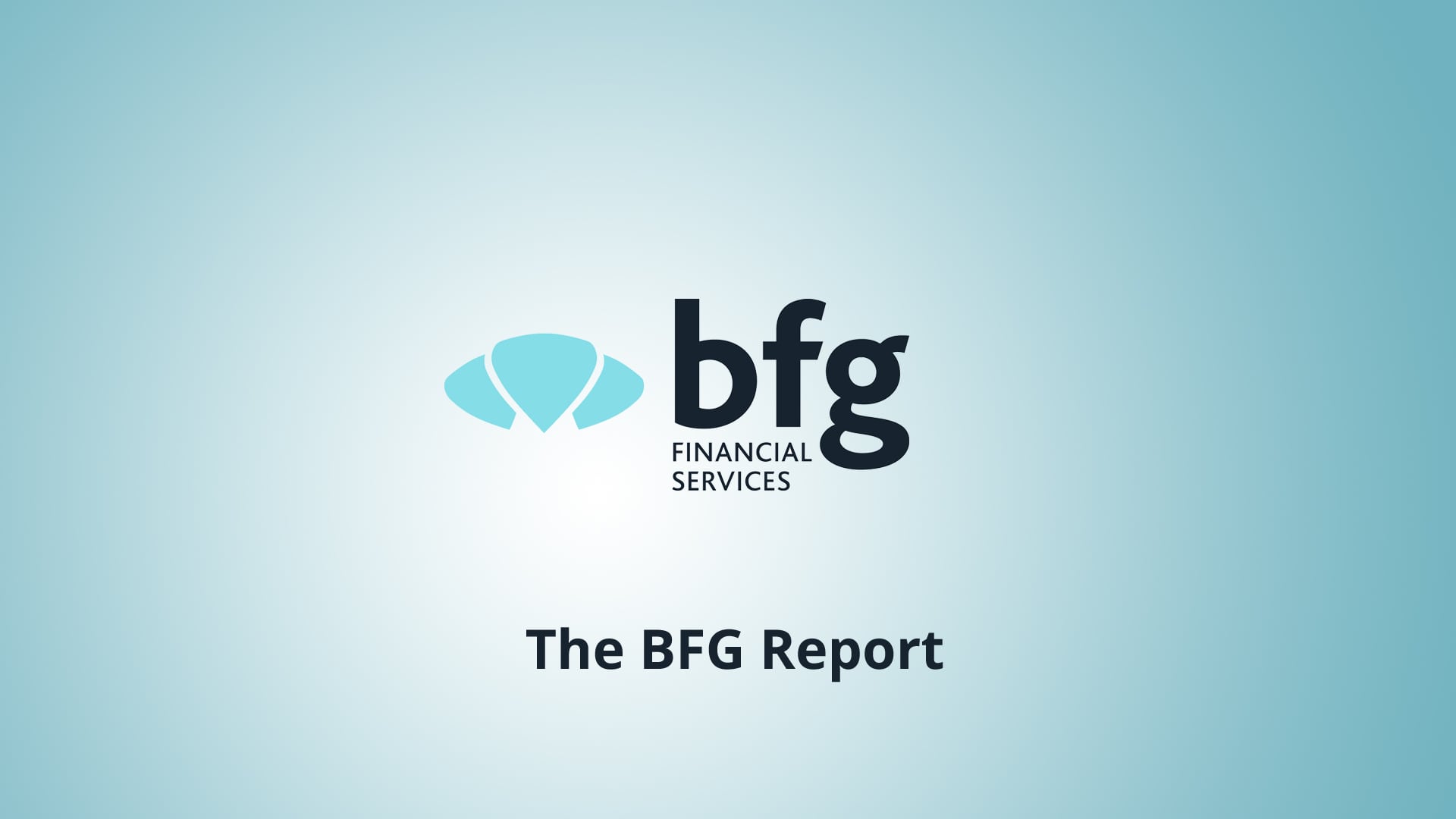Welcome to the March 2022 Edition of the BFG Report
Important Super Changes Pass Both Houses
The Treasury Laws Amendment (Enhancing Superannuation for Australians and Helping Australian Businesses Invest) Bill 2021 has passed both Houses and awaits Royal Assent. The following measures become effective from 1 July 2022 and will:
- Extend non-concessional contributions bring forward rule to those under age 75
The measures will extend the non-concessional contribution bring forward rule to those under age 75 (subject to their total super balance). Non-concessional contributions are personal contributions made to your superannuation fund from your after-tax funds.
- Remove work test requirement
Those aged between 67-74 will no longer be required to satisfy the work test or work test exemption to make non-concessional contributions or salary sacrifice contributions. The work test requirements must still be met to contribute personal concessional contributions. A personal concessional contribution is a contribution to superannuation of your personal funds for which you claim a tax deduction. Removing the work test for making contributions will allow anyone with a total super balance under $1.7m, as at 30 June of the previous financial year, to make non-concessional contributions up to age 75.
- Remove super guarantee $450 income threshold
The super guarantee exemption for employers to make contributions for employees earning less than $450-a-month will be removed.
- Increase the limit on voluntary super contributions eligible for release under the FHSS Scheme
The limit on voluntary contributions made over multiple financial years that are eligible to be released under the First Home Super Saver Scheme (FHSSS) will be increased from $30,000 to $50,000 (plus associated earnings).
- Reduce minimum age to make a downsizer super contribution to 60
Lowering the minimum age before a downsizer super contribution can be made from age 65 to age 60. A downsizer contribution is made from the proceeds of the sale of your home and is subject to a range of eligibility criteria.
Investment Market Review – December Quarter 2021
Summary
- The U.S. consumer price index rose 0.5% for the month of December, 7.0% on a year-on-year basis, the fastest rate of increase since June 1982. It is now clear that some elements of inflation globally aren’t transitory, while other elements will take significantly longer to dissipate than initially expected.
- The World Bank has lowered its forecasts for China’s GDP to 5.1% during 2022.
Markets
- Australian micro-cap equities performed very well over the December quarter, but the larger cap part of the equity market continued to struggle against global peers, while value stocks again unperformed Growth stocks over the quarter. Note that Value stocks did have a very good December relative to Growth stocks.
- Emerging market equities continued to underperform developed markets. Note the difference over the quarter was about 9% (+7% vs -2%). Ongoing fears of the Omicron variant has triggered significant risk-off sentiment amongst investors.
Key economic news
- In Australia, retail sales rose 7.3% month-on-month in November, well above the consensus for a 3.6% rise and following a 4.9% increase in October. That puts retail sales nationally 5.8% above their previous record high in November 2020 and 20.3% above pre-pandemic February 2020 levels.
- Federal Reserve Chairman Jerome Powell has declared that the U.S. economy is both healthy enough and in need of tighter monetary policy, sending a very clear signal of the Fed’s intention to raise rates.
Asset class performance to December 2021 (Total returns in AUD)
| Annualised | ||||||||||
| Asset Class | 1-mth | 3-mth | 6-mth | 1-yr | 3-yr | 5-yr | 7-yr | 10-yr | 15-yr | 20-yr |
| Australian equities (S&P/ASX 200) | 2.7% | 2.1% | 3.8% | 17.2% | 13.6% | 9.8% | 9.0% | 10.8% | 6.2% | 8.5% |
| International equities | 1.7% | 7.2% | 11.5% | 29.6% | 20.6% | 15.1% | 13.6% | 16.8% | 8.1% | 6.1% |
| Australian REITs | 4.9% | 10.1% | 14.7% | 26.1% | 12.8% | 9.3% | 10.6% | 13.8% | 3.3% | 7.1% |
| Australian bonds | 0.1% | -1.5% | -1.2% | -2.9% | 2.9% | 3.4% | 3.2% | 4.2% | 5.2% | 5.3% |
| Cash (AUD) | 0.0% | 0.0% | 0.0% | 0.0% | 0.6% | 1.1% | 1.4% | 1.9% | 3.1% | 3.7% |
Sources: Bloomberg, IOOF calculations
AUD total returns as at Dec-21 assuming reinvestment of dividends unless otherwise specified
** Returns reflect index performance excluding any fees; Actual ETF/managed fund performance will vary due to both fees and tracking error.
High Yielding Internet Savings Accounts
| Financial Institution | Interest Rate** | Financial Institution | Interest Rate** |
| RaboDirect Bank | 1.35% p.a. | ING Savings Maximiser | 1.35% p.a. |
| Macquarie – Savings Account | 1.10% p.a. | ME Bank Online Saver | 0.80% p.a. |
| IMB – Reward Saver | 0.75% p.a. | Australian Unity – Active Saver | 0.75% p.a. |
** Rates are subject to conditions and change. Rates are correct as at 3/3/2022.


